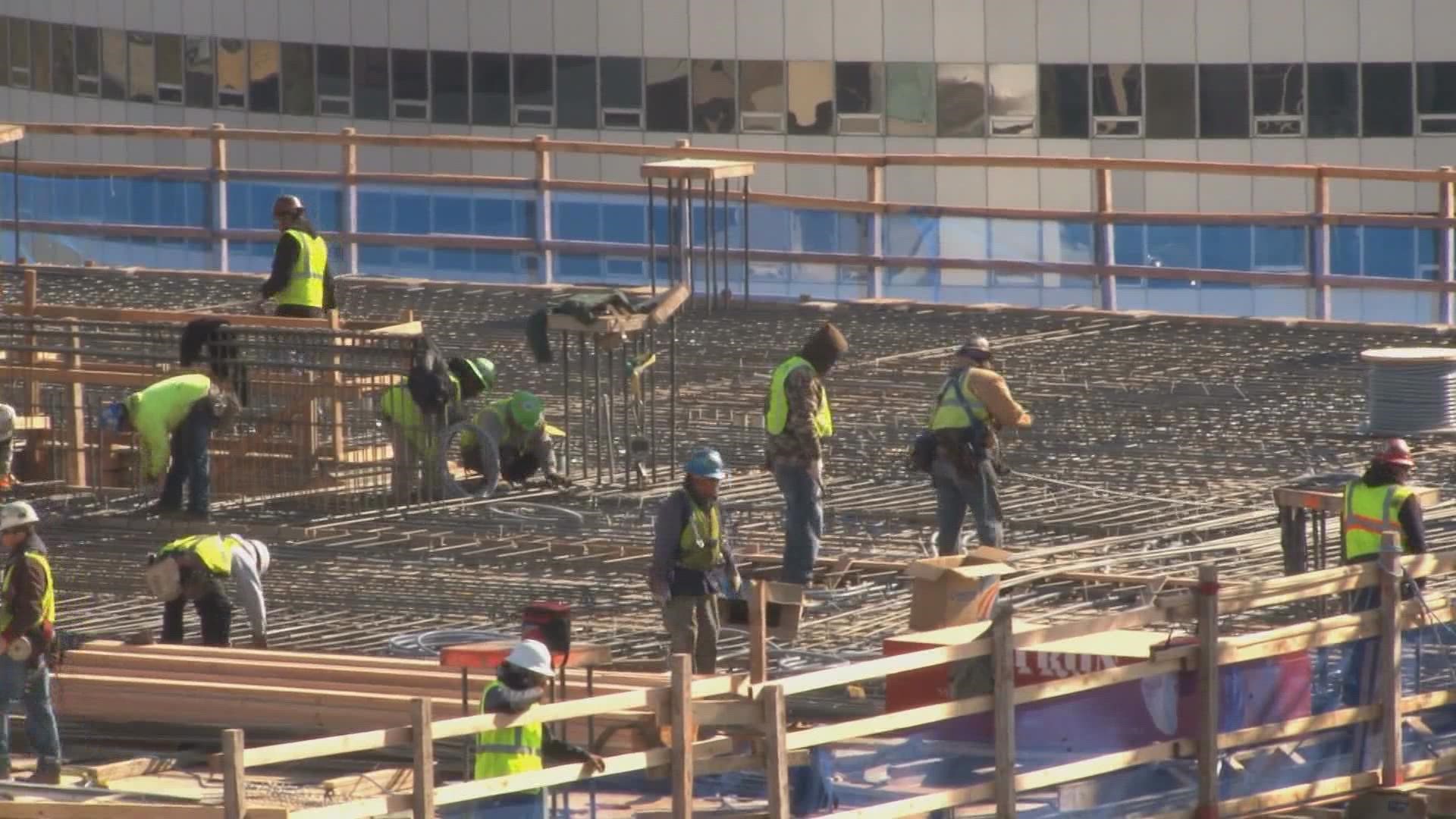ST. LOUIS — On Nov. 8, Illinois voters will decide on the Ilinois Amendment 1, a right to collective bargaining measure. The amendment would add language to the Illinois constitution, but some viewers ask if it will also guarantee a tax hike.
THE QUESTION:
“Is it true property taxes in Illinois will increase if Amendment 1 passes on Nov. 8?”
THE SOURCES:
- Illinois Amendment 1
- Illinois Policy Institute
- Robert Bruno, Director of the Labor Studies Program at the University of Illinois
- Brian Gaines, professor of political science, University of Illinois
THE ANSWER:
We can verify the passing of Amendment 1 does not guarantee a property tax increase. There is no language in the amendment regarding property taxes.
WHAT WE FOUND:
Illinois Amendment 1 would add language to the Illinois constitution. That language would protect the right of employees to organize and bargain collectively and lists what issues collective bargaining can address. It would also prevent any future right-to-work laws.
The Verify team checked the amendment language. There is no mention of property tax or any tax.
“There is no language at all. There’s not even any implied reference that could lead to that interpretation,” said Professor Bob Bruno, Director of the Labor Studies Program at the University of Illinois.
Property taxes became associated with Amendment 1 after a libertarian think tank, Illinois Policy Institute, argued the amendment would strengthen public unions' bargaining power, creating more beneficial union contracts, and those contracts could be paid for with an increase in property taxes.
You may have seen the IPI’s campaign claiming property tax could increase by $2,100 for the typical Illinois homeowner.
The IPI reached that number by taking the average property tax increase since 2010 and projected future annual property tax increases for 2023, 2024, 2025 and 2026. Those four years of increases were combined and equal around $2,100.
Bryce Hill came up with the formula.
The Verify team asked Hill why the future tax numbers wouldn’t still apply if Amendment 1 fails. The formula is based on tax averages since 2010 when Amendment 1 protections were not in place.
Hill answered, “Not necessarily…You could get a reform-minded candidate in there who wants to lower property taxes or freeze them.”
He added, “We have a much more likely scenario for property tax reform and cost of government coming down if Amendment 1 does not pass.”
Our experts say the IPI is speculating about outcomes.
“It’s not a property tax as such. It’s a guess or extrapolation or forecast,” said University of Illinois Political Science Professor, Brian Gaines.
“People who aren’t really sure how they want to vote with whatever they’re hearing from proponents and opponents, they’re all kind of making guesses about what would happen next,” said Gaines.

